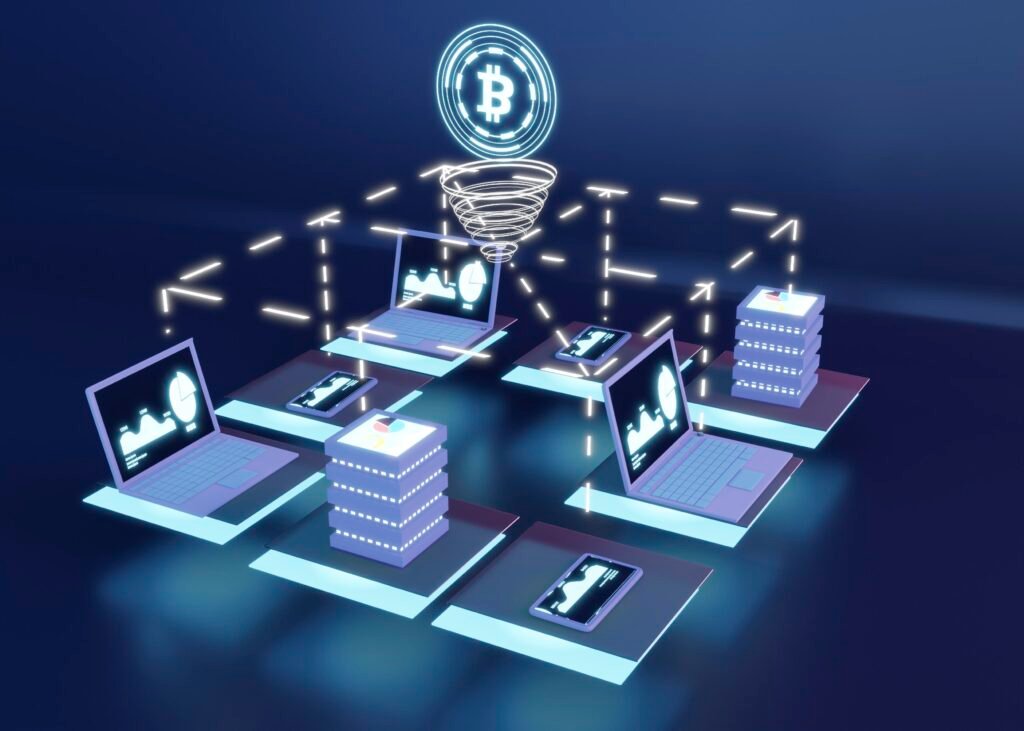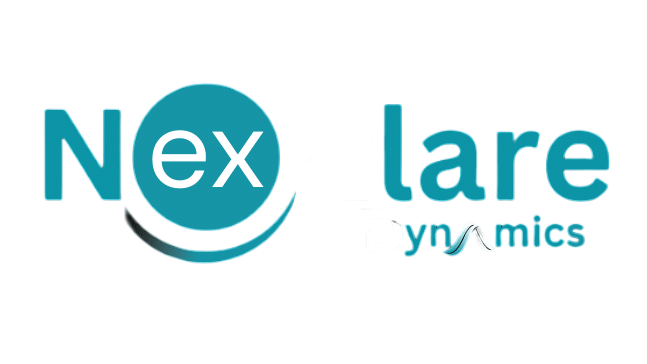
In today’s rapidly evolving digital landscape, the way businesses manage customer relationships is undergoing a profound transformation. Centralized systems, while efficient, have long posed challenges in terms of data security, privacy, and ownership. Enter decentralized CRM, a revolutionary approach poised to redefine how businesses interact with and manage their customers. With the advent of blockchain technology and decentralized networks, CRM software is stepping into an era where data ownership becomes a core value proposition.
What is Decentralized CRM?
Decentralized CRM refers to a customer relationship management system that operates on a distributed network, often leveraging blockchain technology. Unlike traditional CRM software, where data is stored and managed in centralized servers, decentralized CRM ensures that customer data is stored securely across a network of nodes. This approach eliminates single points of failure, enhances data privacy, and empowers customers with greater control over their information.
Why Does Data Ownership Matter in CRM?
Data ownership is at the heart of modern customer relationships. In traditional CRM systems, businesses have full control over customer data, often leading to concerns about:
- Data breaches: Centralized databases are prime targets for cyberattacks.
- Privacy violations: Misuse of customer data without consent is a growing issue.
- Compliance challenges: Regulations like GDPR and CCPA demand stricter data handling practices.
Decentralized CRM addresses these concerns by giving customers ownership and control over their data. This fosters trust and transparency, which are critical for building strong, long-lasting relationships.
Benefits of Decentralized CRM Software
- Enhanced Security: Decentralized networks are inherently more secure. Data is encrypted and distributed across multiple nodes, making it nearly impossible for hackers to compromise the entire system.
- Improved Privacy: Customers can decide how their data is shared and used. Permissioned access ensures that businesses only use the data that customers explicitly allow.
- Compliance Made Simple: By design, decentralized CRM systems align with regulatory requirements, as they empower users to control their personal information.
- Reduced Operational Costs: Decentralized systems eliminate the need for expensive centralized servers, reducing infrastructure costs while enhancing scalability.
- Greater Transparency: Blockchain-based CRMs offer immutable records of all interactions, ensuring accountability and trust between businesses and customers.
How Decentralized CRM Revolutionizes Customer Management
1. Empowering Customers:
Customers can manage their data through digital wallets, deciding what information to share and with whom. This shifts the power dynamic, creating a more equitable relationship between businesses and their customers.
2. Improved Customer Trust:
When customers know their data is secure and used responsibly, they are more likely to engage with businesses. Trust becomes a competitive advantage.
3. Seamless Data Integration:
Decentralized CRM systems can integrate with existing tools and platforms through smart contracts, automating workflows while maintaining data integrity.
4. Global Accessibility:
With decentralized networks, businesses can manage customer relationships across borders without relying on local data centers, making it ideal for global enterprises.
Challenges and Considerations
While decentralized CRM software offers numerous advantages, there are challenges to address:
- Adoption Barriers: Businesses may need to overhaul existing systems and processes.
- Technical Complexity: Implementing blockchain technology requires expertise and resources.
- User Education: Both businesses and customers need to understand the benefits and functionality of decentralized systems.
The Future of CRM Software
As businesses increasingly prioritize data security and customer-centric approaches, decentralized CRM is set to become a cornerstone of customer management strategies. By combining the benefits of blockchain technology with advanced CRM functionalities, businesses can foster stronger relationships, drive customer loyalty, and future-proof their operations.

Conclusion
Decentralized CRM represents a paradigm shift in how businesses approach customer management. By prioritizing data ownership, privacy, and security, it addresses the limitations of traditional CRM software while aligning with the values of modern customers. As technology evolves, adopting decentralized CRM could be the key to staying ahead in an increasingly competitive market. The future of customer management is decentralized – and it’s time to embrace it.

Leave a Reply